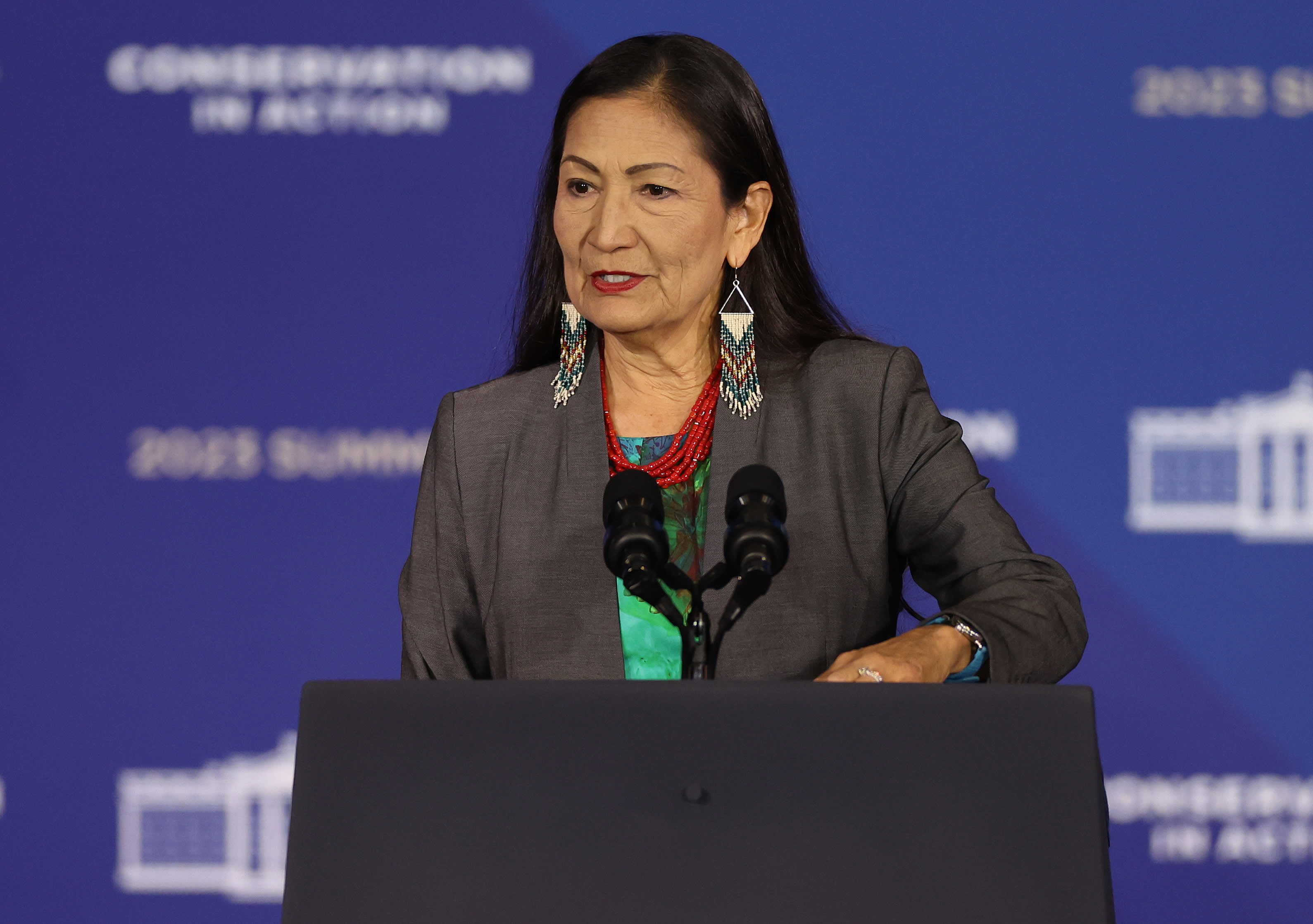Even as multiple companies and countries make progress on a coronavirus vaccine, health officials are warning that face coverings may still be necessary even after the potential treatment becomes available.
Dr. Allison Arwady, director of the Chicago Department of Public Health, echoed those sentiments during a media availability on Tuesday, saying that even if a vaccine becomes widely available later this year or early next year, masks will still be necessary for maximum protection against the virus.
“Masks are going to be with us for some time, even after a vaccine is available,” she said. “It’s going to be at least a year to get that vaccine to everyone, and during that time period, we’re going to need to protect each other.”
Arwady pointed to several potential factors that could influence whether masks will still be required after a vaccine begins mass production, including making that vaccine available to enough individuals to make it an effective method of stopping the spread of the virus, and potential complications in researching the treatment that could prevent some individuals from getting the vaccine after it begins to be produced.
“There probably will be some people who decide not to get vaccinated,” she said. “There will probably be some people who are waiting on trials, like pregnant people for example. For all of these reasons, we’re going to need to continue to do the things that protect each other while we continue (down this path).”
Arwady said that realistically residents should expect the coronavirus to be an issue for at least a few more years as more treatments and a potential vaccine continue to be developed, and that the CDPH is planning ahead for the next two-to-three years when devising protocols and policies to help combat the virus.
“I wish I could say that COVID were going to be over shortly, but I can’t,” she said. “This is going to be a couple of years, realistically.”
Local
Numerous drug manufacturers are beginning to move forward with trials for potential coronavirus vaccines, and health officials have expressed hope that those trials could be completed, paving the way for the beginning of mass production of the treatments, by the end of the year or in the early part of 2021.



